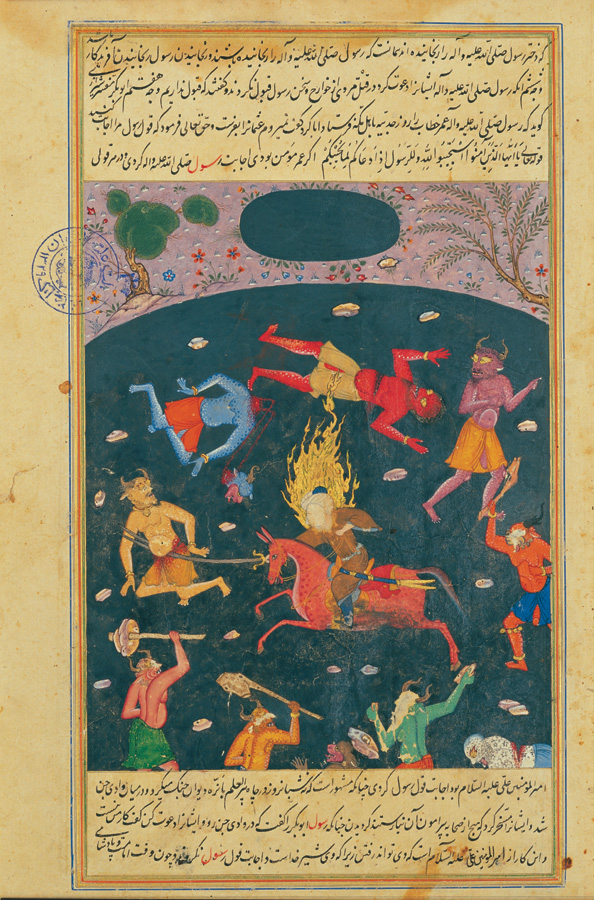|
Daiva
A daeva (Avestan: 𐬛𐬀𐬉𐬎𐬎𐬀 ''daēuua'') is a Zoroastrian supernatural entity with disagreeable characteristics. In the Gathas, the oldest texts of the Zoroastrian canon, the ''daeva''s are "gods that are (to be) rejected". This meaning is – subject to interpretation – perhaps also evident in the Old Persian "''daiva'' inscription" of the 5th century BCE. In the ''Younger Avesta'', the ''daeva''s are divinities that promote chaos and disorder. In later tradition and folklore, the ''dēw''s (Zoroastrian Middle Persian; New Persian ''div''s) are personifications of every imaginable evil. Over time, the Daeva myth as Div became integrated to Islam. ''Daeva'', the Iranian language term, shares the same origin of "Deva" of Hinduism. While the word for the Vedic spirits and the word for the Zoroastrian entities are etymologically related, their function and thematic development is altogether different. Originally, the term was used to denote beings of cultural folk ... [...More Info...] [...Related Items...] OR: [Wikipedia] [Google] [Baidu] |
Div (mythology)
Div or dev (Persian: ': ) (with the broader meaning of demons or fiends) are monstrous creatures within Middle Eastern lore. Most of their depictions derive from Persian mythology, integrated to Islam and spread to surrounding cultures including Armenia, Turkic countries and Albania. Although they are not explicitly mentioned within canonical Islamic scriptures, their existence was well accepted by most Muslims just like that of other supernatural creatures. They exist along with jinn, '' peri'' (fairies) and '' shayatin'' (devils) within South- and Central Asia demon-beliefs. They are described as having a body like that of a human, only of gigantic size, with two horns upon their heads and teeth like the tusks of a boar. Powerful, cruel and cold-hearted, they have a particular relish for the taste of human flesh. Some use only primitive weapons, such as stones: others, more sophisticated, are equipped like warriors, wearing armour and using weapons of metal. Despite their unc ... [...More Info...] [...Related Items...] OR: [Wikipedia] [Google] [Baidu] |

